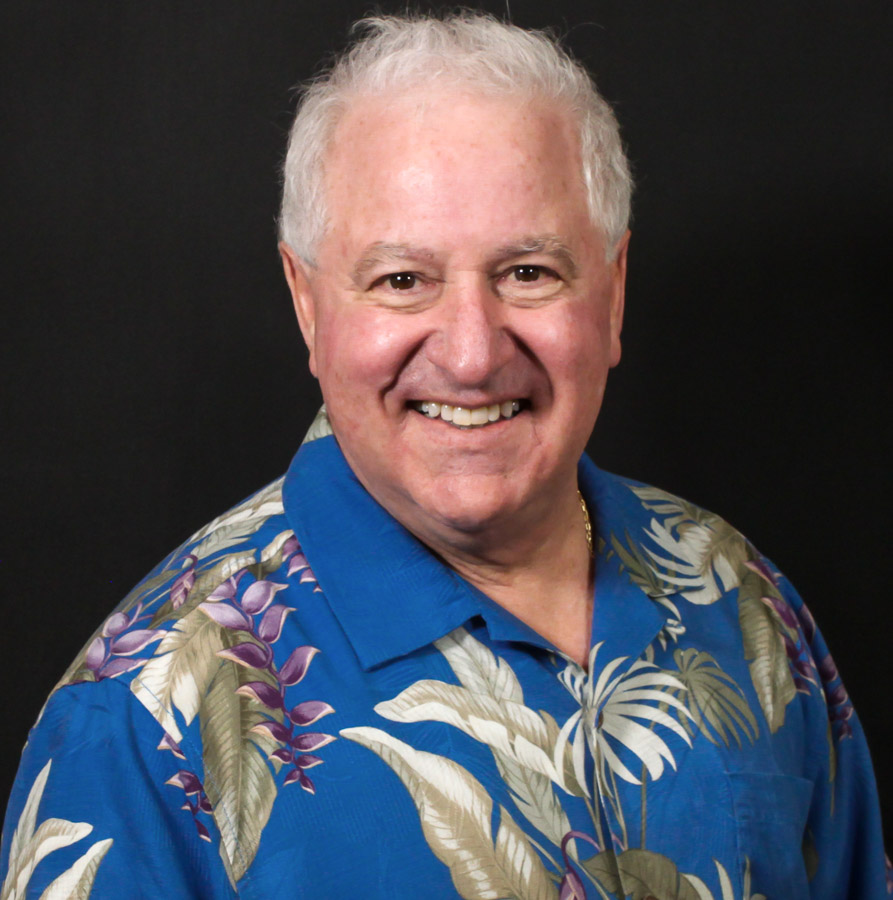WHAT IS A NEURO-OPHTHALMOLOGIST?
According to the North American Neuro-Ophthalmology Society, neuro-ophthalmologists take care of visual problems that are related to the nervous system; that is, visual problems that do not come from the eyes themselves. We use almost half of the brain for vision-related activities, including sight and moving the eyes. Neuro-ophthalmology, a subspecialty of both neurology and ophthalmology, requires specialized training and expertise in problems of the eye, brain, nerves and muscles. Neuro-ophthalmologists complete at least 5 years of clinical training after medical school and are usually board certified in Neurology, Ophthalmology, or both.
Physician
Although some problems seen by neuro-ophthalmologist are not worrisome, other conditions can worsen and cause permanent visual loss, or become life threatening. Sometimes the problem is confined to the optic nerve or the nervous system and other times it is related to a general medical condition. Neuro-ophthalmologists have unique abilities to evaluate patients from the neurologic, ophthalmologic, and medical standpoints to diagnose and treat a wide variety of problems. Costly medical testing is often avoided by seeing a neuro-ophthalmologist.
Some of the common problems evaluated by neuro-ophthalmologists include:
- Optic nerve problems (such as optic neuritis and ischemic optic neuropathy)
- Visual field loss
- Unexplained visual loss
- Transient visual loss
- Visual disturbances
- Double vision
- Abnormal eye movements
- Thyroid eye disease
- Myasthenia gravis
- Unequal pupil size
- Eyelid abnormalities

